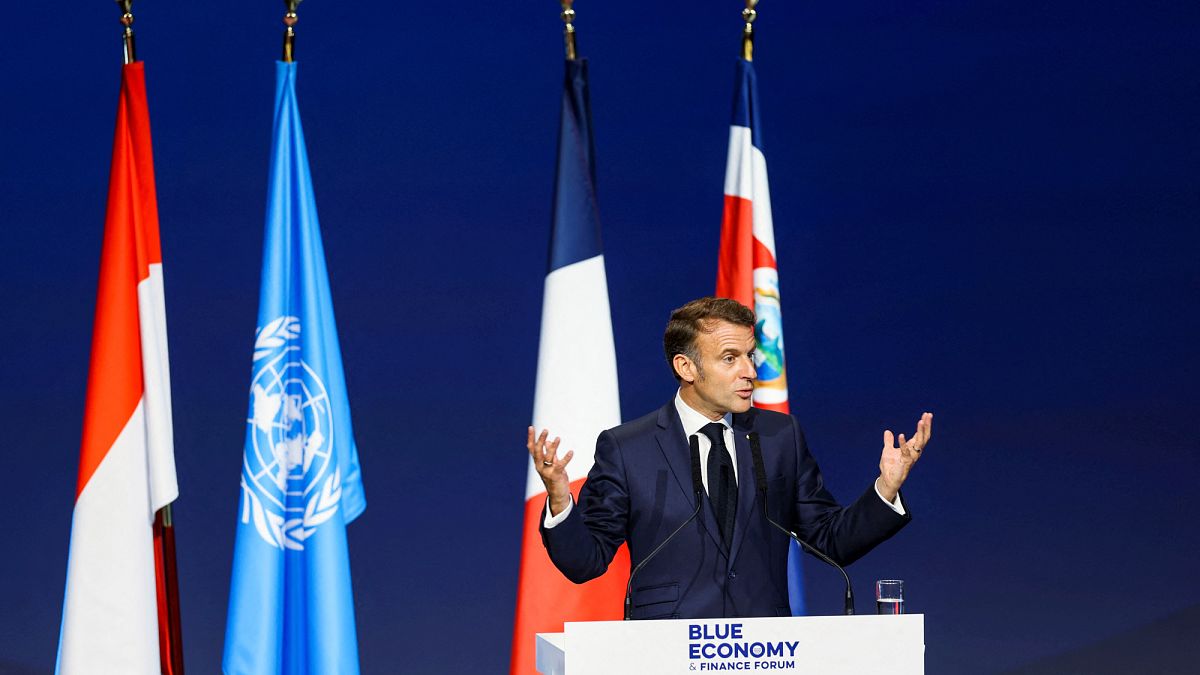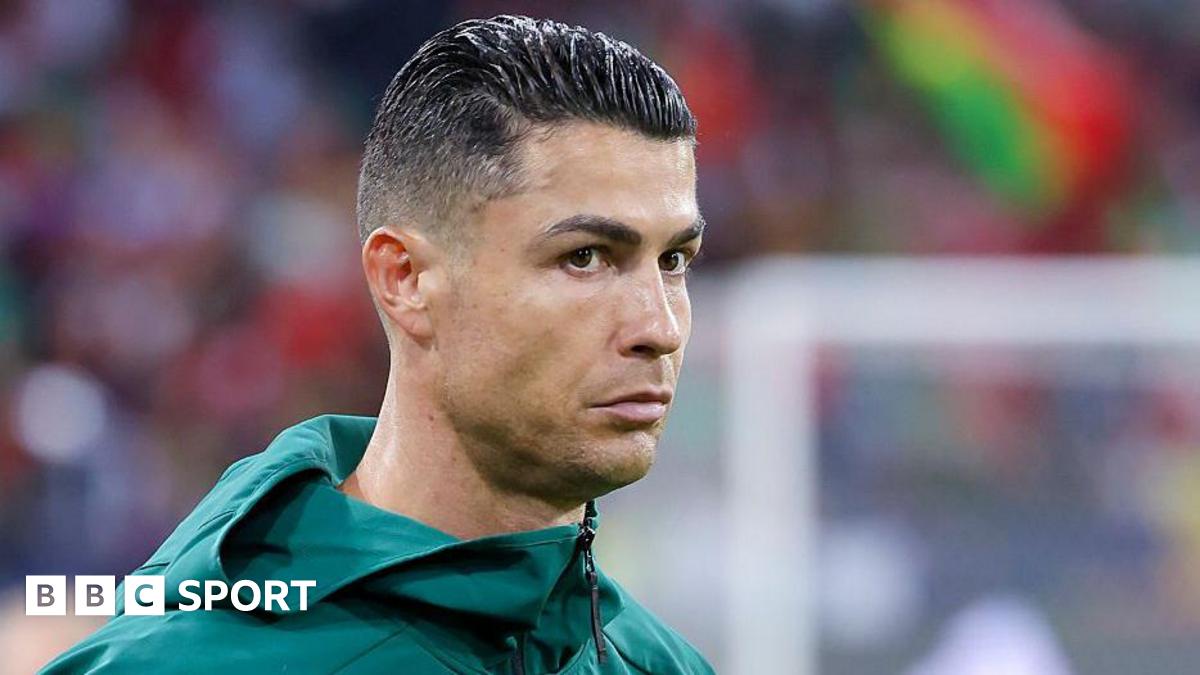Federal prosecutors in Brazil’s Pará state have filed a lawsuit calling for the immediate suspension and cancellation of a multi-million-dollar contract between the state and a coalition of foreign governments and companies for the sale of carbon credits from the Amazon forest.
The prosecutors argued, among other things, that the deal – valued at up to $180 million – is invalid because Pará lacks a legally approved system to create and sell CO2 emissions reductions from lowering deforestation.
They requested that Pará be ordered to pay R$200 million ($35.5 million) in moral damages to society “due to the premature commercialisation of environmental assets originating from the territories of Indigenous Peoples and traditional communities without required free, prior and informed consultation.”
The public interest lawsuit, filed in early June, seeks to stop the federal government from authorizing Pará to work directly with international certifiers until the state’s carbon credit system is made compliant with Brazilian law. Named in the suit are the federal government, Pará state and CAAPP, the state’s public-private carbon asset company.
The September 2024 contract between Pará and the LEAF Coalition – a partnership involving US retail giants Amazon and Walmart, and the US, UK and Norwegian governments, among others – promises payment for emissions reductions under a state-administered forest carbon market system, called REDD+, which Pará says is still “in construction”.
Traditional communities, for their part, have said the timeline for consulting them on that new REDD+ system is too short, given its complexity, and are pushing for a larger share of proceeds from the scheme. On May 28, Pará’s environmental agency SEMAS launched consultations with forest communities under a protocol put together by the state.
‘Advance sale’ of credits questioned
LEAF’s intermediary, the nonprofit group Emergent, told Climate Home by email that it is aware of the lawsuit, adding that it agrees with the Government of Pará that the carbon credit deal “is fully aligned with Brazil’s new carbon market law”.
“It stands to deliver critical climate finance to the State of Pará and leads the way for other states in Brazil,” said Eron Bloomgarden, CEO of Emergent. “Proceeds from the agreement will be shared with Indigenous Peoples and Local Communities on the front line of the fight against deforestation, supporting communities, providing livelihoods and protecting forests and nature.”
Prosecutors, however, argue that the contract constitutes an illegal “advance sale” of carbon credits for emission reductions that have not yet been verified, while SEMAS’ rollout of REDD+ lacks transparency.
Global forest loss hits “frightening” record high with climate-fuelled fires
In September, Pará’s communications agency celebrated the “sale” of carbon credits from the LEAF deal. The contract states that Emergent “intends to resell” credits to corporations and governments.
Advance sales and resales of credits are prohibited under Brazil’s 2024 federal carbon market law, which established the Brazilian Greenhouse Gas Emissions Trading System.
SEMAS maintains that the contract “was a pre-agreement”, telling Climate Home it will only be executed once carbon credits are generated, beginning in 2026. “Therefore, it does not fall under the prohibitions, as it constitutes a legally valid arrangement and does not infringe on rights, since no funds have yet been disbursed,” the agency added in emailed comments.
Ronaldo Amanayé of the Amanayé Indigenous people, treasurer of the Indigenous Peoples Federation of Pará (FEPIPA), took a different view. “They say it’s a ‘symbolic agreement’. But it’s a pre-sale,” he told Climate Home.
Experts said that without a finalised REDD+ system – and in the absence of a state law regulating carbon credits from reduced deforestation – the contract relies prematurely on emissions reductions from traditional territories.
“Pará committed to selling something that wasn’t theirs to sell,” said Carlos Ramos, a researcher with the Family Farming Amazonian Institute (INEAF).
Aurélio Borges, treasurer of Malungu (Coordination of Quilombola Associations of Pará), said, “it’s our carbon stock”. “We keep the forest standing. We need to be in control of the process.” Instead, he added, “the state goes and does something and shows us the document later.”
Unfinished REDD+ system, limited consultation
Critics argue that the LEAF contract itself has already produced negative social impacts – including loss of forest peoples’ bargaining power to negotiate carbon credit prices, accelerated timelines and pressure to comply, and divisions between leaders and communities – and say consultation should have been carried out earlier.
In 2023, prosecutors urged Pará to implement environmental and social safeguards via a REDD+ system before entering into any carbon contracts. But that recommendation was not followed.
The LEAF contract, for example, sets a $15/tonne carbon price without input from traditional communities, Ramos noted.
Draft allocations for REDD+ projects, such as LEAF, show that Pará’s government would retain 15% of proceeds, more than the 14% proposed for Afro-descendant quilombola communities, whose lands are home to the some of the forests storing the carbon. “We think (the government’s share) is high,” Borges said in an interview.
Amanayé also said the 24% earmarked for Indigenous communities should be larger.
There is particular concern among environmentalists about a planned 7% allocation of Pará’s REDD+ funds to agribusiness, which is known to be Brazil’s main driver of deforestation. Prosecutors have called for removal of this REDD+ provision.
Borges proposed a registry of illegal deforesters to ensure that they do not benefit, adding that he fears draft provisions for “restorative agriculture” could channel more funds to agribusiness.
Though Pará’s deforestation dipped in 2023-2024, it remains Brazil’s top-deforesting state, a title it has held for nine years.
 Illegal deforestation by large landowners for agribusiness in Baião municipality, Pará, in December 2022. Traditional communities want a registry so that agribusiness-linked illegal deforesters like these won’t benefit under Pará’s still-unfinished REDD+ system. (Photo: Tiffany Higgins)
Illegal deforestation by large landowners for agribusiness in Baião municipality, Pará, in December 2022. Traditional communities want a registry so that agribusiness-linked illegal deforesters like these won’t benefit under Pará’s still-unfinished REDD+ system. (Photo: Tiffany Higgins) Illegal deforestation by large landowners for agribusiness in Baião municipality, Pará, in December 2022. Traditional communities want a registry so that agribusiness-linked illegal deforesters like these won’t benefit under Pará’s still-unfinished REDD+ system. (Photo: Tiffany Higgins)
Illegal deforestation by large landowners for agribusiness in Baião municipality, Pará, in December 2022. Traditional communities want a registry so that agribusiness-linked illegal deforesters like these won’t benefit under Pará’s still-unfinished REDD+ system. (Photo: Tiffany Higgins)Under REDD+, “who will keep the forest standing, as contracts promise?” queried a representative of the State Public Prosecutor’s Office, who asked to remain anonymous. The office co-authored an April recommendation to cancel the contract.
Pará often doesn’t punish illegal deforestation, Marcio Astrini, executive secretary of the Brazil-based Climate Observatory, told Climate Home.
He noted that in May, Pará Governor Helder Barbalho tried to reverse a federal anti-deforestation operation suspending the activities of some of Pará’s rural properties that had committed illegal deforestation. Barbalho said in a social media video that this would be done “in line with environmental legislation, so that production goes hand in hand with preservation”.
Yet, amid Pará’s weak track record on deforestation, Ramos highlighted fears that the Pará carbon credit deal could become more of a strategy to generate financial assets than conserve forests.
Under pressure to join REDD+
Another contentious issue is the process by which forest communities were selected to participate in the REDD+ planning process. Three voluntary organisations – Malungu, FEPIPA and CNS – were appointed on behalf of hundreds of communities, many of whom “feel these organisations don’t represent them”, according to the State Public Prosecutor’s Office representative.
These same associations are slated to manage REDD+ funds coming from the state, making it unclear how frontline communities who preserve forests will obtain access to the money.
Federal prosecutors charged in their lawsuit that community participation had been limited to financial discussions, rather than shaping the system. Meanwhile, the state, “by all indications, intends to approve its REDD+ system before COP30, which has created considerable pressure on Indigenous Peoples and traditional communities in Pará to hastily approve the system,” they wrote.
The COP30 UN climate summit will take place in the Brazilian Amazon city of Belém in November.
This time limit, said traditional leaders interviewed by Climate Home, has led to what they described as “extreme harassment” to join the fledgling REDD+ system – an accusation rejected by SEMAS.
Community consultation protocols side-stepped
The leaders, however, told Climate Home they had experienced coercive tactics. At an April 28 meeting, they said SEMAS had told quilombola leaders that rejecting the state’s consultation protocol could result in exclusion from public services. Leaders cited threats to housing programmes and land titles, among others.
Prosecutors confirmed this in their lawsuit, noting it “has created pressure within the territories regarding acceptance of the proposal”. SEMAS denied issuing threats and said participation in the REDD+ system is voluntary.
SEMAS confirmed, nonetheless, that it had set a consultation window of five days for 17 quilombola territories to decide jointly whether to be part of the REDD+ system.
“That’s not going to happen,” leader Maria José Brito of São José de Icatu Quilombo told SEMAS at the April meeting. “We want to be consulted, but according to our community consultation protocol.”
“It’s shameful”: Amazon Indigenous people call for oil drilling ban at COP30
Community protocols often require multi-step processes and internal assemblies to reach decisions in keeping with traditional practices. Consultation on issues that will impact Indigenous and traditional people must respect traditional decision-making processes, according to ILO Convention 169.
Leader Rute Santos, also of the Icatu Quilombo, described the Pará state protocol as “throwing our protocol in the trash. We don’t accept that.”
Pará’s REDD+ approach “has divided leaders and communities,” noted Santos, threatening the social fabric as it tries to force rushed decisions.
Others said they had been excluded from key meetings. “They keep you in the dark,” said leader Manoel Liduino of Terra da Liberdade Quilombo.
The state’s strategy amounts to “take it or leave it”, both Santos and Liduino said, making it hard for their peoples to participate in shaping Pará’s REDD+ development. SEMAS responded that the process had so far been “fully participatory”.
 Flávia dos Santos, legal consultant for Malungu spoke at a National Meeting on Climate Change Impacts on Traditional Peoples in May, where the Public Prosecutor’s Office released an MPF handbook on defense of traditional communities in the carbon market context. (Photo courtesy of MPF)
Flávia dos Santos, legal consultant for Malungu spoke at a National Meeting on Climate Change Impacts on Traditional Peoples in May, where the Public Prosecutor’s Office released an MPF handbook on defense of traditional communities in the carbon market context. (Photo courtesy of MPF) Flávia dos Santos, legal consultant for Malungu spoke at a National Meeting on Climate Change Impacts on Traditional Peoples in May, where the Public Prosecutor’s Office released an MPF handbook on defense of traditional communities in the carbon market context. (Photo courtesy of MPF)
Flávia dos Santos, legal consultant for Malungu spoke at a National Meeting on Climate Change Impacts on Traditional Peoples in May, where the Public Prosecutor’s Office released an MPF handbook on defense of traditional communities in the carbon market context. (Photo courtesy of MPF)Carbon sovereignty concerns
There are also questions of legal coherence. Brazil’s 2024 law defines carbon credits as a “civil fruit” that are attached to the underlying piece of land, suggesting that they cannot be resold or transferred.
The LEAF contract, by allowing resale, “violates Brazil’s sovereignty” to define its carbon sinks, said Talanoa Institute’s Amazonian public policy analyst Wendell Andrade. Pará, meanwhile, may violate federal jurisdiction by promising credits from Indigenous and conservation area lands that belong to the Brazilian state, say prosecutors.
The Pará state project is among the world’s first “jurisdictional” carbon credit schemes, set up to cover a whole state or country.
SEMAS responded that “the jurisdictional system is not a project that will enter territories causing harm or adverse effects to traditional communities.”
The Amazon rainforest emerges as the new global oil frontier
Chief Yuna Miriam Tembé of the Tembé people believes that REDD+ is effectively a way of enabling continued carbon emissions by business. “Why are the federal and state governments selling our forests so that mega-industries can keep polluting?” she asked. “Polluting the environment (with carbon) is a crime, causing the death of countless lives, people, the land, rivers, fish, animals, the forest, birds and all living beings.”
She questioned what she sees as efforts to limit forest peoples’ ancestral uses of land, like clearing small plots for cassava cultivation – a point SEMAS did not clarify when asked. “Even though the territory is ours, the state uses these carbon credit contracts to try to restrict our freedom of movement within these spaces. That is unacceptable,” Tembé said.
“We cannot accept privatisation being imposed inside our own home (territory),” she added – a sentiment echoed by Santos.
Local confusion about REDD+
As the Pará state consultations on its REDD+ programme got underway, many community members told Climate Home they do not understand what carbon credits are, despite being asked to accept the short five-day consultation period.
“Even as a movement leader,” said Liduino, “I don’t understand what REDD+ is.”
As of May, the state’s REDD+ “transparency” web page hosted only technical documents. SEMAS told Climate Home it would explain REDD+ to communities during the first two days of consultation.
The Talanoa Institute’s Andrade said carbon credits and forest carbon are “still something nebulous that a large portion of Pará’s population doesn’t understand”.
Putting information on the SEMAS website “doesn’t make the process transparent,” he added. “Transparency should be a coordinated set of communication strategies using accessible language levels that match the understanding of different segments of society,“ he said.







 English (US) ·
English (US) ·